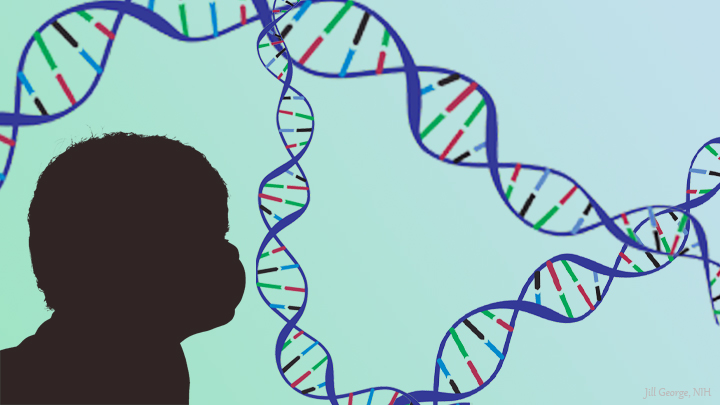A recent study published online by NIH’s National Institute of Neurological Disorders and Stroke details how a single mutation results in changes in the NLGN4 gene that increases the prevalence of autism spectrum disorder among the male gender rather than female.
Released in the peer-reviewed journal Neuron, the study zeroed in on two NLGN4 genes: NLGN4X and NLGN4Y, both known to be linked to autism, a neurodevelopmental condition affecting social interactions, verbal and nonverbal communication.
“Every cell in our body contains two sex chromosomes. Females have two X chromosomes; males have one X and one Y chromosome. Until now, it was assumed that the NLGN4X and NLGN4Y genes, which encode proteins that are 97% identical, functioned equally well in neurons,” according to an NIH news release.
In the NIH study, researchers asserted that both genes, NLGN4X and NLGN4Y, should be examined more comprehensively, as they uncovered that the proteins encoded by those genes induce different functions. While the primary function of NLGNY is not known, chronic effects on brain function is clearly evident in mutations of the NLGN4X gene.
In their findings, it was revealed that “the problems with NLGN4Y were due to a single amino acid. The researchers also discovered that the region surrounding that amino acid in NLGN4X is sensitive to mutations in the human population,” the report states.
“There are a cluster of variants found in this region in people with ASD and intellectual disability and these mutations result in a deficit in function for NLGN4X that is indistinguishable from NLGN4Y.”
“The current study suggests that if there is a mutation in NLGN4X, NLGN4Y is not able to take over, because it is a functionally different protein. If the mutations occur in regions of NLGN4X that affect the protein levels, that may result in autism-related symptoms including intellectual deficits,” the NIH research group concluded.
“The inability of NLGN4Y to compensate for mutations in NLGN4X may help explain why males, who only have one X chromosome, tend to have a greater incidence of NLGN4X-associated ASD than females.”


